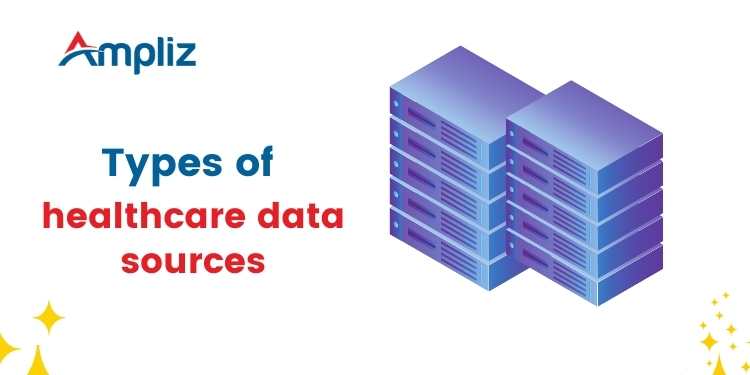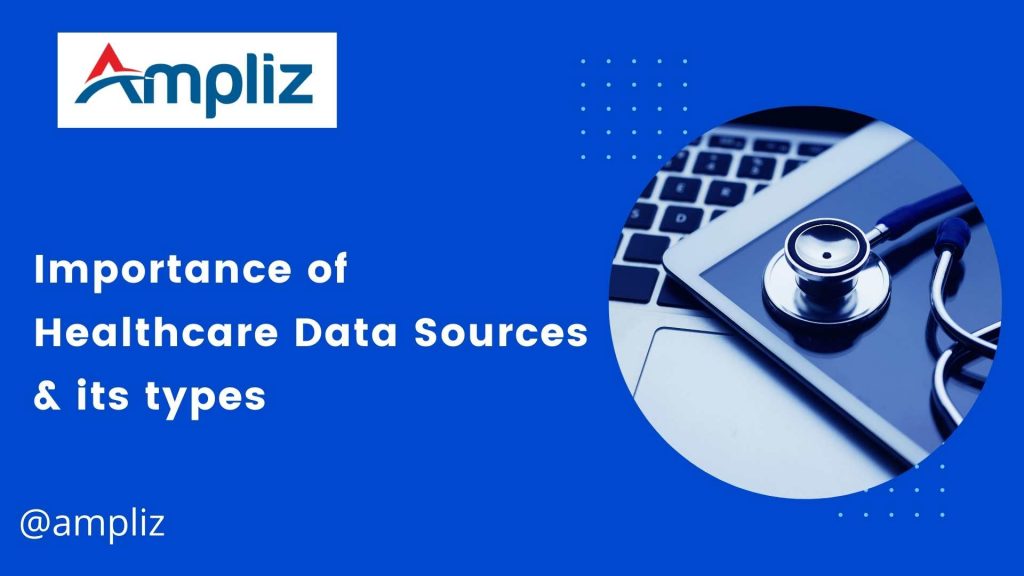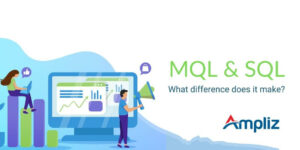Table of Contents
Collecting various types of healthcare data from different sources and interpreting that data, is a very important job to develop and maintain the care towards patients.
Communication between the patients and the providers improves through healthcare data. It gives doctors a wide and deep understanding of specific and particular health conditions.
Want to know about the importance of healthcare data sources, what are the types of healthcare data are or what the different healthcare data sources are?

Here is a list which gives you a complete explanation of all the types that you want to know.
Types Of Healthcare Data
1. Clinical Trials and Research Studios
Clinical trials is a type of very valuable data in healthcare, and clinical research studies is an important form of observational studies.
Different types of primary data related to healthcare relies on clinical research and studies for information, other types of data, and so on.
Trials are made clinically to find out new ways to treat a specific health condition and also how to diagnose different diseases.
2. Healthcare Datasets
The very primary source of healthcare data are datasets, that are first consulted by the providers.
Datasets are extremely important for healthcare email list providers because they are absolutely rich with information, provide data on specific demographics, statistics, insurances and several measurements.
Examples of some important healthcare datasets include:
- Human Mortality Database
- World Health Organization
- U.S Census Bureau
- National Cancer Institute
- National Center for Health Statistics
3. Administrative Data
Administrative data or claims data, is an electronic health record which is primarily recorded from the notes provided by the healthcare provider.
This information is typically recorded by the doctors when they see or check their patients.
Claims databases can gather and accumulate all the dates from an appointment record of a doctor, all the bills that were given out basically shared and even the information which includes a patient’s insurance.
4. Curated sources
This is a type of healthcare data that consists of a collection of data from several sources like electronic health records list, clinical trials, and so on.
At times, the healthcare data, of a curated source, focuses on targets a certain population or group of people, which helps the providers to think about and execute the best treatments that are possible and will be eventually effective.
5. EHR- EHRs
Electronic Health Records is a very valuable healthcare data source.
The Electronic Health Record consists of a chart of all the records that belong to a patient, in a digital form or format.
These records include certain extensive pieces of information of a patient’s health, and they are:
- Radiology images
- The medical history of the patient
- Records of any previous diagnosis
- Laboratory and test results
- The dates and details of immunization
- Medications and plans for treatment
Depending on your speciality, you may want something more targeted than a generic EHR. For example, nephrologists would need an advanced nephrology EHR to complete their duties.
Healthcare providers who are already authorised, can share the Electronic Health Record (EHR) of the patient with several other facilities related to healthcare, which leads to conclusion that basically an EHR consists all important information of a patient, from all the healthcare providers he/she had gone through during any treatment process, thus, acting as a full-fledged health record system.
6. What are the different types of databases that are used in healthcare?
A very prominent type of healthcare data is databases. Most of the public healthcare or medical databases are easily available and accessible, and they are:
- PubMed
- TOXNET
- PsycINFO
- HealthData.gov
Additionally, there are also other types of healthcare data sources which include academic, private and paid databases.
Some of these databases work under several specific disciplines and are generally easy to operate.
7. Registration of Patients or Diseases
The disease registries are certain medical information systems that follow a narrow variety of key data for specific chronic situations such as heart disease, cancer, Alzheimer’s disease, diabetic and asthma.
The patient or disease registries often supply and provide critically important information that are helpful to manage the conditions of a patient.
8. Surveys regarding health
To provide an accurate number of the population and their health, surveys serve as a very important healthcare data source.
These surveys are primarily conducted to provide prevalent estimates of common chronic situations or health conditions.
National healthcare surveys are the type of data which is accumulated especially for various researches.
Thus, making it available for more wide access.
Using the types of healthcare data for research and for various analysis, can actually benefit the whole system of healthcare.
It will be a great advantage to this industry if accurate and timely information is provided, as and when the situation or condition demand.
What can improve the quality of data in healthcare is the ability to derive certain values and make grounded decisions which have the potential to improve the industry related to healthcare.
A good healthcare data source will help to reduce cost for specific and certain treatments which are way too costly and also provide the best care for patients.
It is absolutely a great idea to adopt the experiences of other industries in matching with the advancement that they are making and coping with the ideas, which will make the industry flourish.
To develop the healthcare world more, IT companies, epic consultants and data scientists could be involved, to handle and collect data and exceptional steps towards development and growth.
Data mining is a very useful system or process which is an important tool for the healthcare industry. It identifies accurate healthcare data sources which are very prominent as well as promising.
They give insights about how to use healthcare data efficiently, keeping in mind the safety of the patients.
It can be used to answer questions that you already have and find out inefficiencies and detect the best practices that can help to grow the system of healthcare.
Take advantage of different types of healthcare data today, to get the best and most value out of it.
Deliver appropriate solutions that are necessary to make and take important decisions because ” it is never too early or too late to work towards being the healthiest you!”




